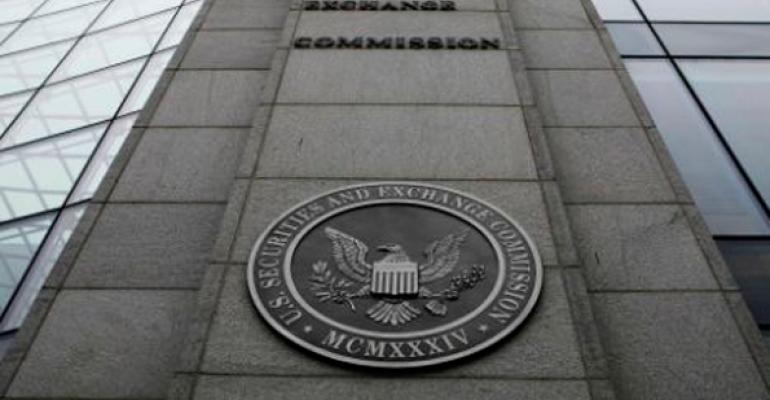The Securities and Exchange Commission has appointed Alex Oh, previously a partner at the law firm Paul, Weiss, Rifkind, Wharton & Garrison, as its new director of enforcement.
She succeeds Melissa Hodgman, interim director since January, and Stephanie Avakian, who stepped down from the role in December after a four-year tenure under the Trump administration.
Oh will be joining the SEC days after Gary Gensler was sworn in as the commission’s new chair. In a statement on her hiring, Gensler said she had the “right combination of values and experience” for the role.
“Our capital markets—and the broader economy—thrive when there are clear rules of the road and a cop on the beat to enforce them,” Gensler said. “With her work as a prosecutor, pro bono experience, and time in private practice, she has the expertise as a highly respected lawyer to ensure that the SEC protects investors.”
As a former partner at Paul, Weiss, Rifkind, Wharton & Garrison, Oh was co-chair of the Anti-Corruption & FCPA Practice Group, and had extensive experience in “white collar defense and regulatory investigations practice” focusing on the FCPA, as well as securities and accounting fraud, according to a biography on the firm’s site that has since been removed.
Prior to her work at the firm, Oh was an assistant U.S. attorney in the criminal division of the U.S. Attorney’s Office in New York’s Southern District for four years, working as a member of the Securities and Commodities Fraud Task Force and the Major Crimes Unit. According to her bio, she served as the lead prosecutor in a number of “high-profile accounting and securities fraud prosecutions.”
“The Enforcement Division plays a critical role in protecting investors and maintaining fair, orderly, and efficient markets, essential components of the SEC’s mission,” she said in a statement. “I am committed to working tirelessly to uncover and prosecute violations of the law, whether by businesses or their leaders, so that we can keep American capital markets the strongest in the world.”
Oh is joining the commission at a busy moment for the Enforcement Division. Earlier this year, former acting SEC Chair Allison Herren Lee announced the formation of a new Enforcement Task Force centered on ESG issues. The task force will be chaired by acting Deputy Director of Enforcement Kelly Gibson. It includes 22 staffers, who will analyze advisors’ and funds’ disclosure and compliance practices, as well as whether issuers’ climate risk disclosures contain gaps or misstatements under current agency rules.
Additionally, the commission is in its first full year of Regulation Best Interest implementation, which went into effect last June. The SEC has said it would be expanding the scope of SEC exams on Reg BI compliance this year, and it remains to be seen what kind of enforcement actions could result from findings.
At his Senate confirmation hearing last month, Gensler testified that he hoped to prioritize enforcement on protecting senior investors and going after Ponzi schemes in addition to analyzing climate risk disclosures.
Barbara Roper, the director of investor protection for the Consumer Federation of America, said she trusted Gensler’s judgment on the hire and would be looking to the commission to take more aggressive stances on enforcement. She particularly hoped the SEC would give “real heft” to obligations under Reg BI and the Advisers Act’s fiduciary duty, and that firms would start reining in incentives that would undermine a best interest standard.
“That’s an area where we think there’s plenty of room for the SEC to bring enforcement actions to give some meaning to those otherwise vague requirements,” she said.
The division’s annual rate of enforcement actions has slowly climbed in the past several years, with some exceptions. In fiscal year 2015, the SEC filed 807 total enforcement actions, of which 508 were considered “stand-alone” actions brought in federal court or as administrative proceedings. There was a slight dip in enforcement actions in fiscal year 2017 (with 754 total actions and 446 stand-alone ones), and in fiscal year 2020, there was a 17% drop in total actions from the previous year, with the sharpest drop-off being in stand-alone actions. In its fiscal year 2020 annual report, the division noted it faced “unprecedented challenges” due to the COVID-19 pandemic.





